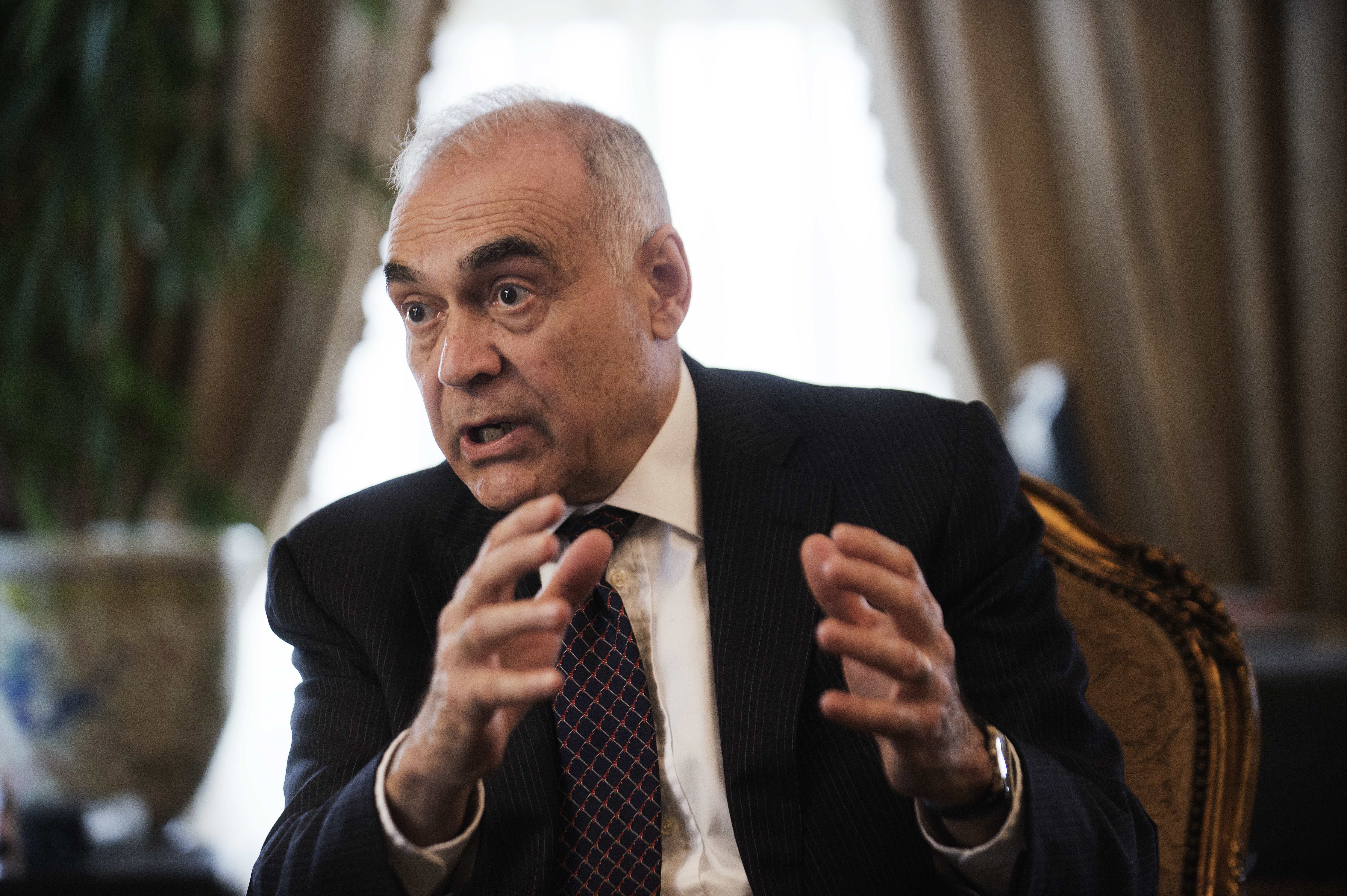Consumer confidence in Egypt for the second half of 2008 was at 55.6 points, well below the regional average but above the 32.3 recorded during the previous half-year, according to MasterCard’s Consumer Market Outlook report for the region.
The numbers unveiled in Cairo Wednesday indicate a significant leap in consumer confidence among Egyptians.
MasterCard conducted the survey in six regional markets, including Egypt, Kuwait, Lebanon, Qatar, Saudi Arabia and the United Arab Emirates. The latest results reflect numbers based on consumer interviews from the second half of 2008.
On a regional level, after three periods of decline, MasterCard reported that consumer confidence was at 72.7 out of a possible 100, up from 66.4 during the first half of 2008.
The report is designed to give investors a better understanding of consumer confidence and purchasing priorities in the region.
“The results indicate that consumer confidence in Egypt has increased and consumers have become more optimistic compared to a period ago, said Shaun Rashid, MasterCard area head for Egypt and the Levant.
The survey is designed so that 50 is the dividing line above which consumers are considered optimistic.
MasterCard has been conducting the survey in the Middle East every six months since 2004.
The Gulf States still remain far and away the most confident states, with the latest consumer confidence numbers ranging from 72.4 in Saudi Arabia to 96.6 in Kuwait.
MasterCard also released historical GDP growth and consumption level growth data. Yuwa Hedrick-Wong, who serves as principle economic advisor to MasterCard added 2009 projections to the data.
Of the six countries included in the survey, Wong projected that Egypt would experience the strongest GDP growth at 5.5 percent this year.
Lebanon, at 3.3 percent was expected to have the weakest growth.
Wong projected a more modest growth in consumption for Egypt, at 4.3 percent, putting it in the middle of the pack regionally.
Rashid says there’s reason to be optimistic about the Egyptian numbers.
“I see a general optimism within the banking community, he told Daily News Egypt. “It’s more diversified.
“It is one of the fastest growing centers in the last three years, echoed Magdy Hassan, country manager for Egypt.
The numbers present good news for the Gulf which many predicted would be devastated not only by the financial crisis but also by the crash in the price of oil.
Though some of the numbers represent something of a downward trend, the overall figures remain robust.
“Consumers are still quite optimistic about the Gulf, said Rashid. “The stock market is the only concern area for consumers.
MasterCard also unveiled the first results of its Purchasing Priorities Index which, the company said, “provides valuable insights into consumers’ savings and expenditure behavior and their discretionary spending priorities for the six months ahead.
The survey’s findings mostly echoed Egypt’s status as the lowest income country in the survey. It found, for example that while in the Middle East as a whole 63.4 percent of money people saved was for precautionary purposes, in Egypt the number was 81.3 percent.
This means that when people manage to save money in Egypt, it’s largely to guard against economic hardship, whereas elsewhere in the region it might be to afford discretionary purchases.
The survey also showed that the Egyptian population is less investment savvy than the other countries in the survey. Retirement was the primary savings priority in Egypt, whereas the rest of the region made investment opportunity the leading priority.
Rashid noted that by every metric the firm has used to gauge the success of its survey, it has accurately reflected consumer attitude accurately.
MasterCard issues the survey in order to give its clients a firmer understanding of the consumer markets they either have invested in or have future plans to do so.
Taking a step back from the Middle East, Rashid also presented a note about the macro economy. Economists at MasterCard sketched out six stages of an asset bubble, detailing the cycle the global economy was following (and has in the past followed) during the credit crunch.
The economists predicted that the US had just finished the ‘panic’ stage and had moved onto the ‘clearing the market’ phase which signaled a bottoming out of prices and a shift in asset control from the weak to the strong.
The next phase, the economists predict, is recovery.


